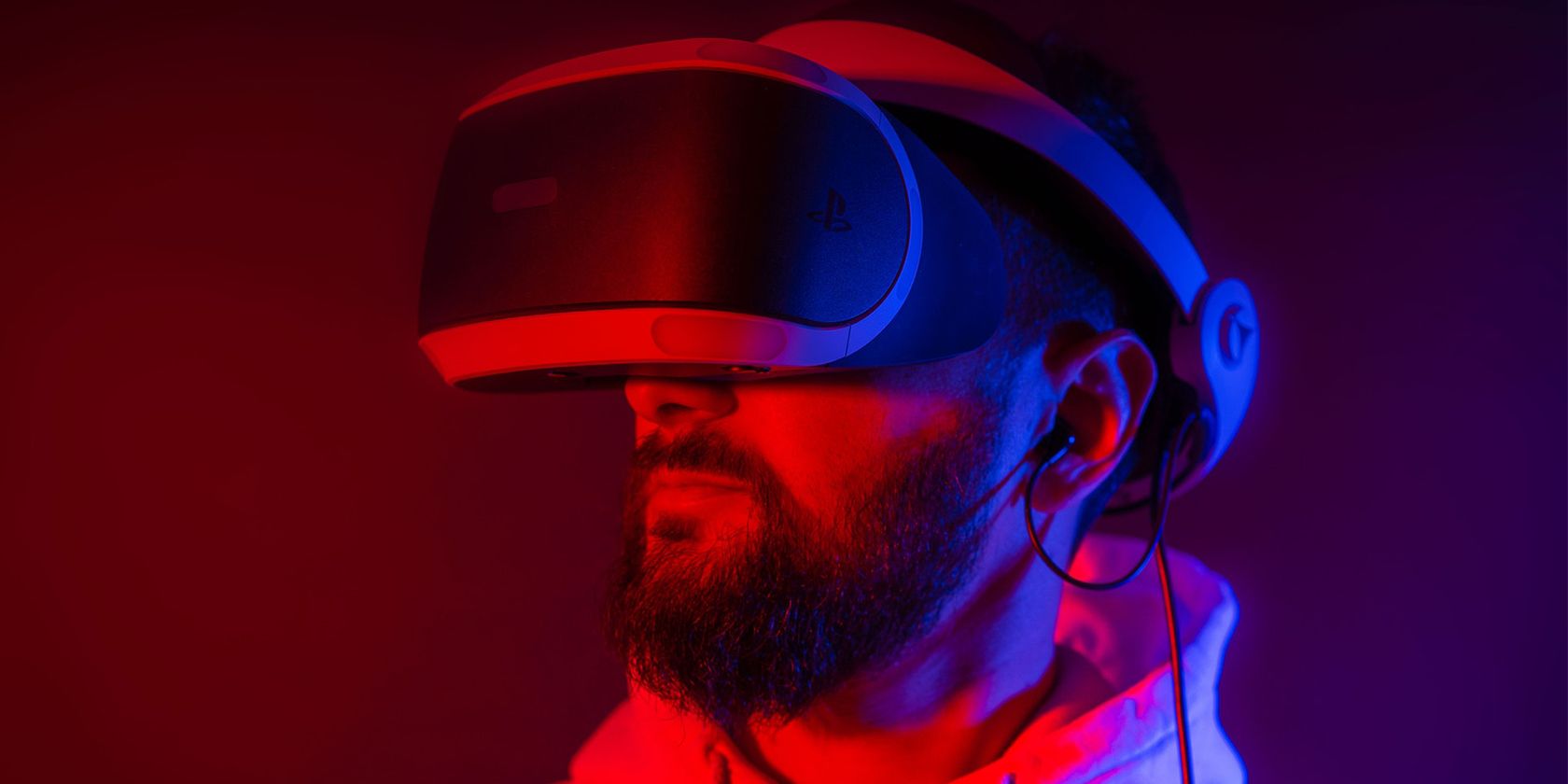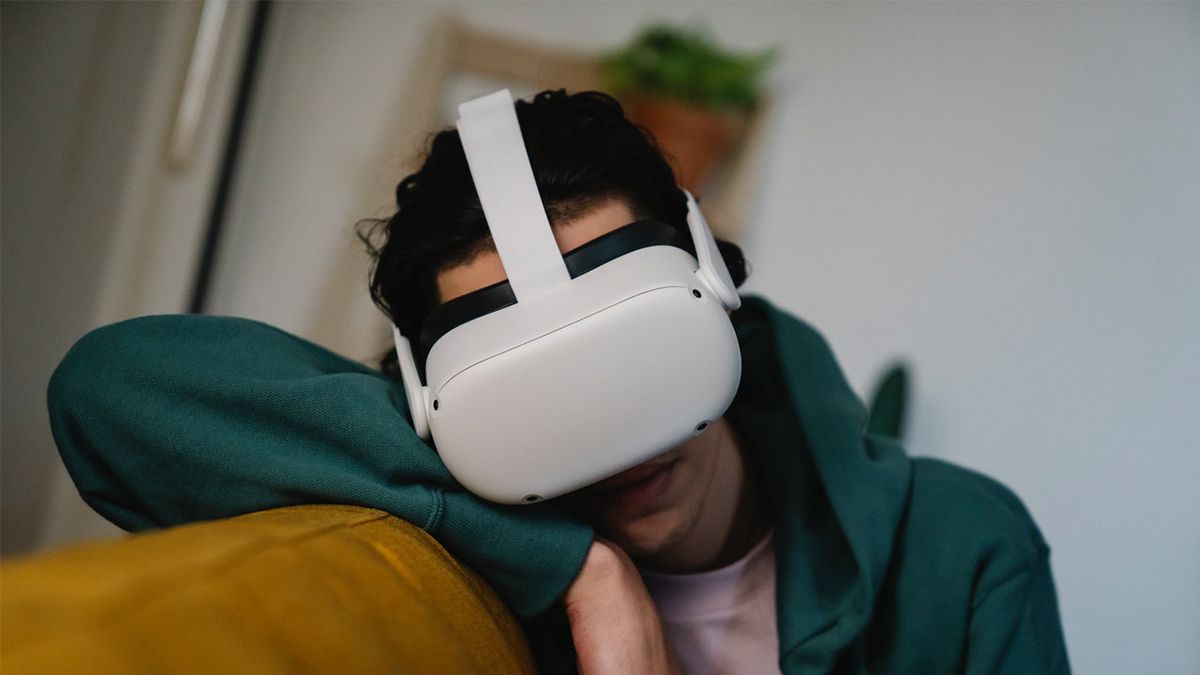The internet changed the world ever since the dot-com boom in the 1990s. It gave the concept of "global village" a whole new meaning. Today, we’re standing at yet another communication breakthrough: the metaverse.
Tech giants such as Facebook and Microsoft have presented their version of what the metaverse would look like. The internet has made our lives easier, and the metaverse would undoubtedly bring innovation to the internet. But with the benefits come a new set of challenges.
What Is the Metaverse?
The concept of metaverse became popular after Facebook rebranded itself as Meta. The metaverse or meta-universe is essentially a digital universe. It is the convergence of physical, virtual, and augmented reality. It was coined by Neal Stephenson in his 1992 science fiction novel Snow Crash. But what exactly is it and how does it work?
Facebook envisions the metaverse as a virtual world where you can hang out with your friends in digital avatars and play games. Microsoft’s version focuses on providing meetings in virtual reality. The metaverse will not be limited to socializing with other people and virtual gaming. It also aims to build a digital economy where you can buy, sell, and create products and services.
However, the ideas proposed by these tech giants only form a part of the metaverse. For example, consider the virtual concerts introduced by Fortnite. Google, Facebook, and Amazon are parts of the internet. They don’t represent the entirety of it. Similarly, each of these concepts is a building block of the metaverse that uses virtual, augmented, and mixed reality.
How the Metaverse Could Affect Your Mental Wellbeing
The primary problem associated with the metaverse is addiction. The internet and social media are extremely addictive. We are used to consuming information at an alarmingly fast pace. This leaves you wanting something better every time you scroll down your social media feed.
Every post, picture, or piece of content that engages you is a small dopamine hit in your brain. That is the primary reason why people spend hours on social media.
Consider a virtual world with several times the engaging capacity of social media. The metaverse would be a parallel reality that has no bounds. You could potentially create a virtual environment that’s more appealing than the real world.
A 2019 IJERPH study has shown that social media platforms and freemium games use psychological research to prolong screen-time. As Mark Zuckerberg phrases it, “the ultimate expression of social technology” could become dangerously addictive.
A cascading effect of addiction to digital technology is anxiety and depression. The metaverse would offer an escape from reality. A 2018 study published in the American Journal of Educational Research found that high internet users were more likely to be socially isolated. Considering the potential of the metaverse, it could worsen this symptom.
Longer Usage Time, Less Privacy
Social media companies employ tactics to keep you engaged as long as possible. As the metaverse develops, the virtual environments will eventually get hyperrealistic. Soon, the real world could cease to provide the same level of mental stimulation compared to the virtual one.
According to the University of Southern California, Americans spend around 23 hours per week on the internet. With work, play, and communication becoming virtual, this number will increase. That also translates to drastically reduced outdoor exposure.
Low outdoor exposure could eventually lead to lowered vitamin D levels and an increase in a sedentary lifestyle. Another physical effect of prolonged exposure to the metaverse would be fatigue. The COVID-19 pandemic has already invented Zoom fatigue. Adding on to that, VR headsets can induce physical strain when used for over 30 minutes, leading to headaches and exhaustion.
While digital privacy may not be a direct health issue, the lack of it can do a lot of harm. Social media companies already harvest your data to customize feeds, increase usage time, and sell it to third-party advertisers. The metaverse would give companies access to a lot more exploitative data.
The Bright Side of Metaverse
The metaverse is a giant leap in the way we communicate. The concept of a one-stop virtual world has been a longstanding science fiction theme. Current technological advancements will finally be able to make this a reality. While the overuse of this technology does present concerning issues, the benefits of the metaverse are equally overwhelming.
Connecting with people in a virtual simulation would be revolutionary. With 5G ready to roll out, you could experience the metaverse seamlessly. Visit any place (real or fictional) without leaving the bounds of your room. You could attend concerts, festivals, or any social event in any part of the world. Several other activities such as gaming and even sports will blur the line between reality and VR.
Apart from transcending geographical limitations, the metaverse would greatly aid medical research and treatment. VR has proven to be an effective tool to deal with PTSD and various phobias. The metaverse would provide an effective platform to treat such mental disorders. It would give millions of people access to realistic virtual therapy.
Building a Digital Economy
Education is another sector that would hugely benefit from the metaverse. Imagine being able to take a virtual tour of the International Space Station or explore the red planet from the confines of your armchair.
The commercial benefits of this technology are limitless. It could redefine virtual interviews and the dynamics of a company. Real estate, consumer electronics, food, and even the fashion industry have vested interests in the metaverse. Virtual access can significantly influence a consumer’s decision-making process. You could try out a product before purchasing it.
The integration of cryptocurrency is another exciting aspect of building the metaverse. When implemented in full-scale, this technology could limit operation costs significantly. As businesses opt for virtual stores, the need for large physical spaces would reduce.
Is the Metaverse Harmful?
Metaverse is still in the nascent stages of development. Therefore, not a lot of research exists around its damaging effects. However, some pressing mental health issues such as addiction and depression are well within its scope. How the metaverse affects people would depend on the companies that create it.
Just like the internet, your way of using the metaverse will define its impact. Companies can minimize harmful effects by creating regulations. Regulations would establish actionable rules and ensure safe limits. Either way, the metaverse is a proof of concept that will change how we perceive the world.




